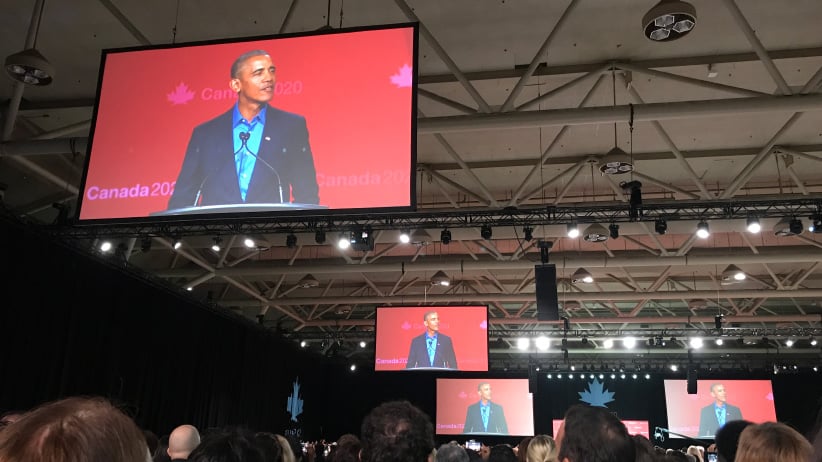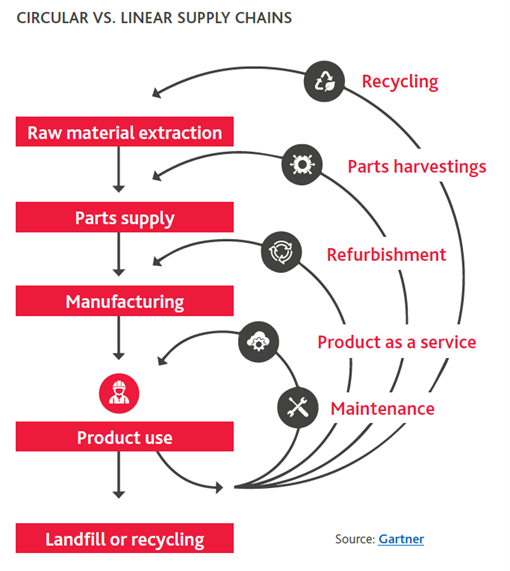Britain cannot depend on Norway for electricity – we need our own power
Labour must roll back its pursuit of net zero and prioritise energy self-sufficiency
Matthew Lynn
Related Topics
02 February 2025 1:00pm GMT
The government is on the brink of collapse. Coalition partners have walked out. And a row over energy exports and green rules is shaking the political system.
With so much else going on in the world, we don’t usually pay much attention to Norwegian politics. But perhaps we should. After all, we rely on the country
to keep our lights switched on.
We have allowed ourselves to become
dangerously dependent on imported power, and no matter how much we may think it is reliable, in a crisis you can only depend on yourself. We need to restore our own oil and gas industry – before it is too late.
If anyone reading this can name a single post-war prime minister from Norway, I would be very surprised. True, Jens Stoltenberg ran Nato for a decade, but he is hardly a household name even in Oslo.
Most of the time, no one pays much attention. It is perfectly understandable that the crisis of last week didn’t capture much attention. Even so, it was dramatic stuff, at least by the standards of Norway.
The Eurosceptic Centre Party – they do things differently in Scandinavia, where the anti-EU campaigners describe themselves as centrists –
walked out of its coalition with the ruling Labour party.
Behind the row was a decision about whether to adopt EU standards on green energy and regulation, or whether that was an intolerable infringement of its sovereignty, especially for a country that is not a member. The Labour government may stagger on alone for the next eight months until a general election is held, or it could collapse at any time.
We will find out in the next few days or weeks. The problem for Britain, however, is that without quite realising it, the country has become dangerously dependent on what happens in Norway. We depend on it to keep the lights turned on, and to keep our factories running.
The UK now imports £41bn of energy from Norway every year, according to the Office for National Statistics, up from £19bn as recently as 2019.
It provides 41pc of our gas, without which the power stations would not be able to keep running.
We import another $1bn (£800m) of electricity directly from Norway, the largest single supplier, ahead of the Netherlands (on $980m) and France (on $865m). A map of the UK should probably say in the small print somewhere: “Powered by Norway.”
We can’t do without it. It is not as if we are suddenly going to be able to replace the abundant supply of Norwegian energy from somewhere else. Another 14pc of our gas comes from Qatar, and we would hardly want to increase that given the potential for turmoil always looming in the Gulf and the Middle East. Nor can we afford to suddenly start paying more for our imports.
The UK already has the highest industrial electricity prices in the world, with energy costs crippling what little remains of our industry, and triggering a wave of factory closures especially in industries such as chemicals.
And with the energy price cap, and households already struggling with both their power bills and all the green levies at a time when living standards are stagnant extra costs can hardly be passed on to consumers. The blunt reality is this. We need the Norwegian power.
The trouble is, that is completely crazy. With a negligence that borders on the insane the UK has run down its own energy resources. Output has been declining steadily for the last decade, and yet last year gas production fell by another 13pc, and oil by 10pc.
We have refused to license new fields, we have imposed windfall taxes to punish production of the few companies that are still brave enough to try and generate any energy in the UK, and we have a blanket ban in place on fracking, even though there are abundant resources of shale oil and gas in the UK, and the technology has proven itself completely safe in the United States and Canada where output has been booming for years.
Only this week, we made the situation even worse with the decision by a Scottish court
to block any further production at two of the North Sea’s largest fields, Jackdaw, which could produce 7m cubic metres of gas a day, or enough for 1.4m homes, and Rosebank, which is estimated to contain up to 500m barrels of oil.
Sure, we are trying to build up wind and solar power to replace it, and slowly building at least one more nuclear reactor, but the alternatives to oil and gas remain unreliable, expensive, and will take many more years to finally come fully on stream. Until then, we still need fossil fuels, and it does not make any difference to the environment whether they come from this country or from somewhere else.
The net result is clear. By running down our own resources, and harrying companies out of existence, we have become dangerously reliant on a handful of other countries for our energy. True, no one expects the Norwegian power supplies to the UK to be closed down any time soon.
In fairness, they need the money as much as we need their gas (although of course Norway has a $1.7 trillion sovereign wealth fund to fall back on). And yet, the political turmoil triggered by energy regulation is a stark reminder of a simple fact.
We may think the supply of electricity from Norway is very stable. But in the end, you can only rely on yourself, and the resources you control directly.
The political turmoil in the country, especially over the rules governing its energy industry and exports, should be a warning that we cannot carry on like this. The UK needs to start becoming self-sufficient in energy once again – before it is too late.













